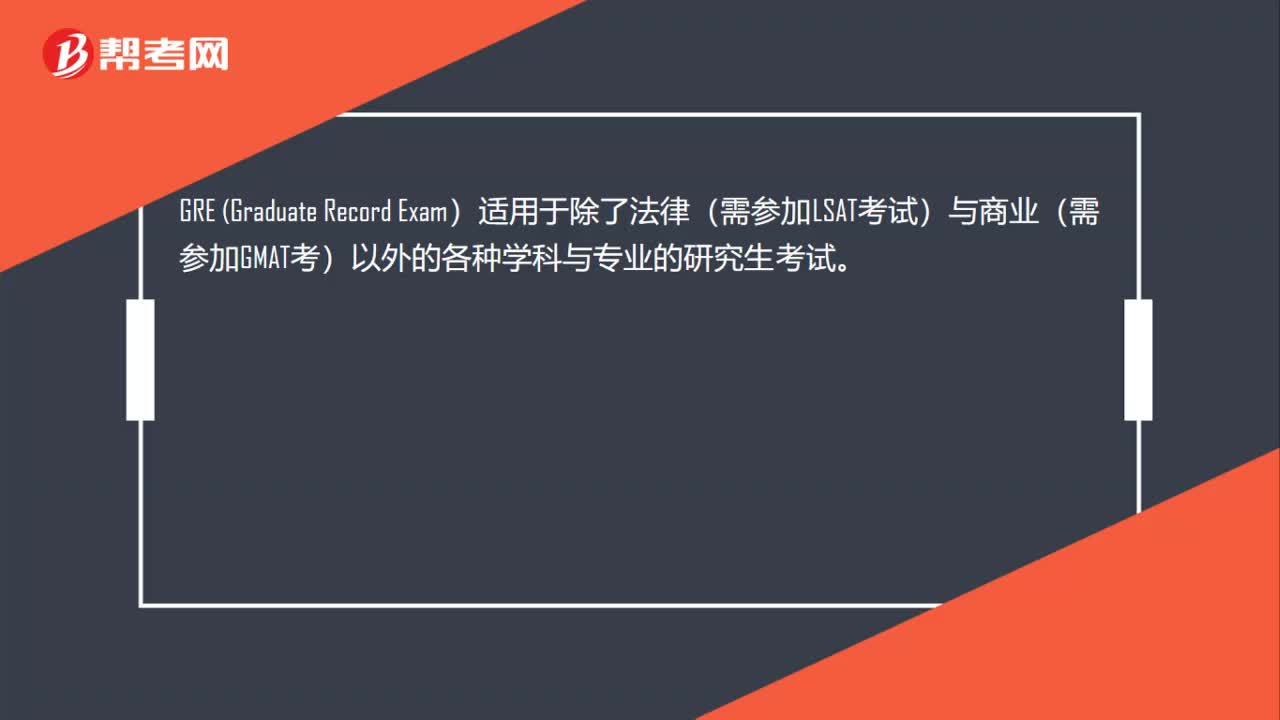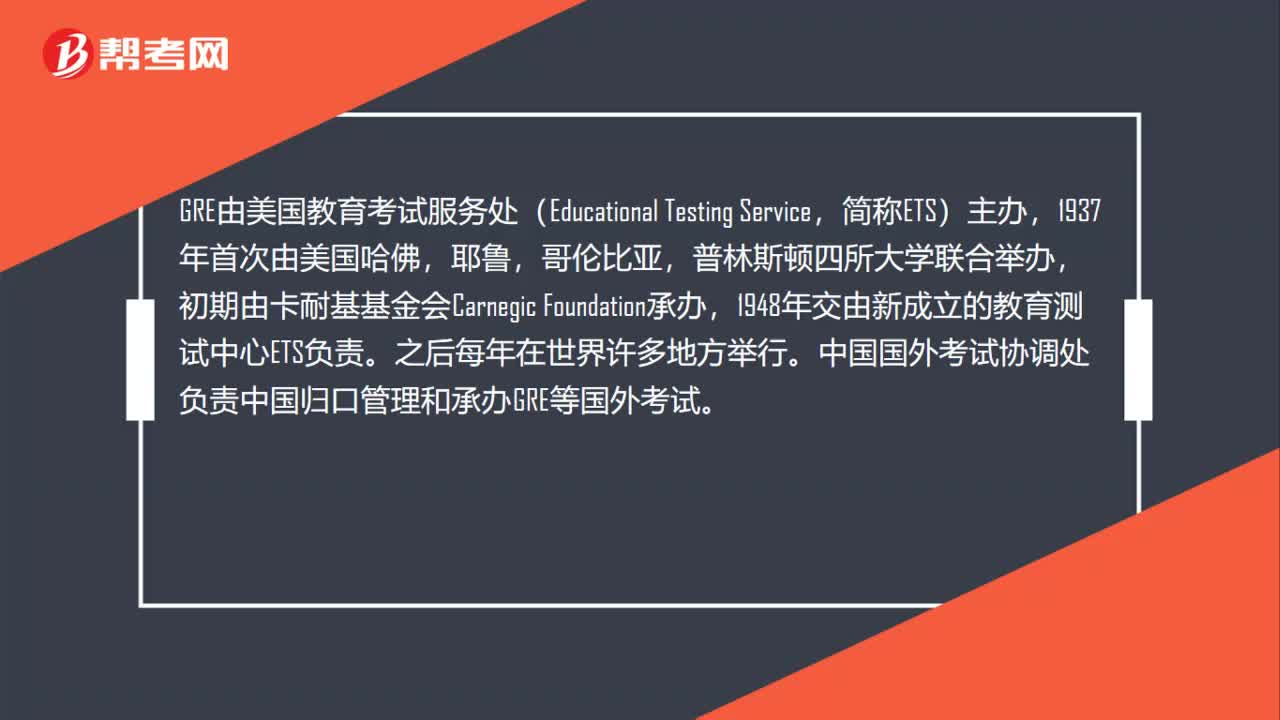
下载亿题库APP
联系电话:400-660-1360

下载亿题库APP
联系电话:400-660-1360

请谨慎保管和记忆你的密码,以免泄露和丢失

请谨慎保管和记忆你的密码,以免泄露和丢失

小伙伴们,GRE考试复习的怎么样了呢?下面帮考网分享了GRE考试阅读部分的复习资料,一起来看看吧!
法国二月革命:
In February 1848 the people of Paris rose in revolt against the constitutional monarchy of Louis-Philippe. Despite the existence of excellent narrative accounts, the February Days, as this revolt is called, have been largely ignored by social historians of the past two decades. For each of the three other major insurrections in nineteenth-century Paris—July 1830, June 1848, and May 1871—there exists at least a sketch of participants’ backgrounds and an analysis, more or less rigorous, of the reasons for the occurrence of the uprisings. Only in the case of the February Revolution do we lack a useful description of participants that might characterize it in the light of what social history has taught us about the process of revolutionary mobilization. Two reasons for this relative neglect seem obvious. First, the insurrection of February has been overshadowed by that of June. The February Revolution overthrew a regime, to be sure, but met with so little resistance that it failed to generate any real sense of historical drama. Its successor, on the other hand, appeared to pit key socioeconomic groups in a life-or-death struggle and was widely seen by contemporary observers as marking a historical departure. Through their interpretations, which exert a continuing influence on our understanding of the revolutionary process, the impact of the events of June has been magnified, while, as an unintended consequence, the significance of the February insurrection has been diminished. Second, like other “successful” insurrections, the events of February failed to generate the most desirable kinds of historical records. Although the June insurrection of 1848 and the Paris Commune of 1871 would be considered watersheds of nineteenth-century French history by any standard, they also present the social historian with a signal advantage: these failed insurrections created a mass of invaluable documentation as a by-product of authorities’ efforts to search out and punish the rebels.
Quite different is the outcome of successful insurrections like those of July 1830 and February 1848. Experiences are retold, but participants typically resume their daily routines without ever recording their activities. Those who played salient roles may become the objects of highly embellished verbal accounts or in rare cases, of celebratory articles in contemporary periodicals. And it is true that the publicly acknowledged leaders of an uprising frequently write memoirs. However, such documents are likely to be highly unreliable, unrepresentative, and unsystematically preserved, especially when compared to the detailed judicial dossiers prepared for everyone arrested following a failed insurrection. As a consequence, it may prove difficult or impossible to establish for a successful revolution a comprehensive and trustworthy picture of those who participated, or to answer even the most basic questions one might pose concerning the social origins of the insurgents.
12.1. According to the passage, “a useful description of participants” (lines 11-12) exists for which of the following insurrections of nineteenth-century France?
I. The July Insurrection of 1830
II. The February Revolution of 1848
III. The June insurrection of 1848
IV. The May insurrection of 1871
(A) I and III only
(B) II and IV only
(C) I, II, and III only
(D) I, III, and IV only
(E) II, III, and IV only
12.2. It can be inferred from the passage that support for the objectives of the February Revolution was
(A) negligible
(B) misguided
(C) fanatical
(D) spontaneous
(E) widespread
12.3. Which of the following, best describes the organization of the second paragraph?
(A) The thesis of the passage is stated and supporting evidence systematically presented.
(B) Two views regarding the thesis presented in the first paragraph are compared and contrasted.
(C) Evidence refuting the thesis presented in the first paragraph is systematically presented.
(D) The thesis presented in the first paragraph is systematically supported.
(E) The thesis presented in the first paragraph is further defined and a conclusion drawn.
12.4. It can be inferred from the passage that the author considers which of the following essential for understanding a revolutionary mobilization?
(A) A comprehensive theory of revolution that can be applied to the major insurrections of the nineteenth century
(B) Awareness of the events necessary for a revolution to be successful
(C) Access to narratives and memoirs written by eyewitnesses of a given revolution
(D) The historical perspective provided by the passage of a considerable amount of time
(E) Knowledge of the socioeconomic backgrounds of a revolution’s participants
好了,以上就是今天分享的全部内容了,各位小伙伴根据自己的情况进行查阅,预祝各位取得满意的成绩,如需了解更多相关内容,请关注帮考网!
 44
44GRE考试一般要准备多久?:GRE考试一般要准备多久?这个因人而异。如果已经考过托福基础比较好的话,复习一两个月也能考到比较满意的分数。如果基础不是很好,就得集中时间大量突破,兵贵速不贵久。GRE的战线拖得太长也不好,后期会很疲累,一般来说六至八个月可以了,后面多加两个月可以增加信心分。
 31
31GRE考试适用范围是什么?:GRE Graduate Record Exam)适用于除了法律(需参加LSAT考试)与商业(需参加GMAT考)以外的各种学科与专业的研究生考试。
 58
58GRE考试是什么?:GRE考试是什么?GRE由美国教育考试服务处(Educational Testing Service,简称ETS)主办,1937年首次由美国哈佛,耶鲁,哥伦比亚,普林斯顿四所大学联合举办,初期由卡耐基基金会Carnegic Foundation承办,1948年交由新成立的教育测试中心ETS负责。之后每年在世界许多地方举行。中国国外考试协调处负责中国归口管理和承办GRE等国外考试。